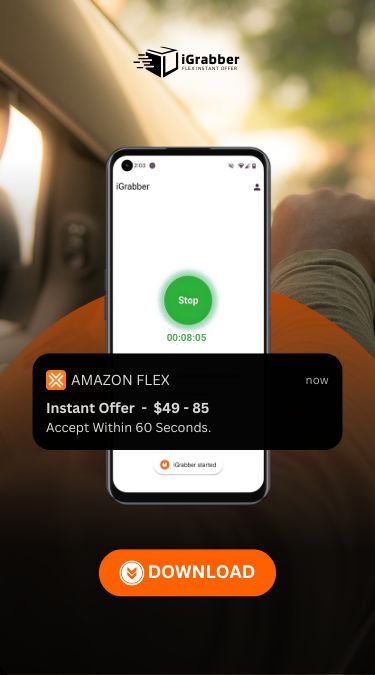Amazon Flex drivers received an unexpected boost recently when the Federal Trade Commission (FTC) announced a refund to drivers affected by deceptive practices involving block grabbing tools. These tools, marketed to Amazon Flex drivers, exploited flaws in the system, leading to unfair advantage and merit claims for refunds. But what does this mean for Amazon Flex drivers and the gig economy at large?
Understanding Amazon Flex and Block Grabbing
Amazon Flex is a program that allows drivers to deliver packages using their own vehicles, offering flexible working hours. Blocks of time are assigned to drivers to manage their delivery schedules. However, demand for prime time slots led to the emergence of block grabbing tools, which automated claiming of these slots, creating an uneven playing field. This method disrupted the fair distribution of work among drivers, leading to the FTC’s intervention.
The FTC’s Intervention
The Federal Trade Commission acted upon complaints from drivers who felt they were misled by companies selling block grabbing tools. These tools falsely promised a better work-life balance by automating the claim process for high-demand time slots. The reality, however, was different. The drivers who relied on such tools found themselves at a disadvantage, as these tools violated Amazon’s policies and did not ensure fair access to work opportunities.
Impact on Amazon Flex Drivers
The refund from the FTC is a welcome relief for many Amazon Flex drivers. Drivers who invested in these tools in hopes of getting more work now receive compensation, marking a significant step in addressing grievances within the gig economy. Moreover, this action highlights regulatory attention being focused on ensuring fairness in digital marketplaces, where technological manipulation often skews the playing field.
Steps for Affected Drivers
If you are an Amazon Flex driver who has utilized such tools, it is crucial to check your eligibility for a refund. The FTC’s refund page provides guidance and necessary steps on how to proceed, ensuring you benefit from this regulatory decision. It’s a streamlined process aimed at efficiently reimbursing those impacted by these unfair practices.
Ensuring Fair Practices
This situation underscores the necessity for fair business practices in the gig economy. Amazon Flex drivers, and indeed gig workers from across platforms, represent a rapidly growing segment of the workforce. Ensuring equal opportunities and curbing practices that give unfair advantage is crucial for maintaining equilibrium in these dynamic work environments.
Future Implications for Gig Economy Platforms
The ramifications of the FTC’s decision reverberate beyond Amazon Flex, sending a clear message to other digital platforms and service providers that deceptive practices won’t be tolerated. Gig economy platforms rely heavily on maintaining trust with their workforce. Any breach of this trust can lead to regulatory scrutiny and intervention.
As more people turn towards flexible work options, gig economy platforms must adopt transparent business practices. This transparency will help not only in regulatory compliance but also in fostering an environment where workers can thrive based on merit rather than manipulation.
Learning and Moving Forward
For those in the gig economy, understanding the tools and services you engage with is vital. It’s essential to conduct due diligence and verify the legitimacy of any service provider claiming to enhance your work opportunities or efficiency. Staying informed and educated about the platforms you work on can prevent falling prey to misleading claims.
Embracing Legitimate Tools
While the issue of block grabbing highlights the misuse of technology, legitimate tools are available for Amazon Flex drivers. For instance, services like iGrabber offer insights into scheduling and efficient route management. Always research services to ensure they align with policies and ethical practices of platforms.
Conclusion
The FTC’s decision to issue refunds to Amazon Flex drivers presents significant learnings for the broader gig economy. Regulators are paying close attention to fairness in digital markets, emphasizing equal opportunity for workers. It is a call to action for gig platforms to improve transparency and for workers to remain vigilant about the tools they employ.
In an ever-evolving digital landscape, such proactive measures ensure that flexible work remains an empowering and equitable option for the workforce of today and tomorrow.





